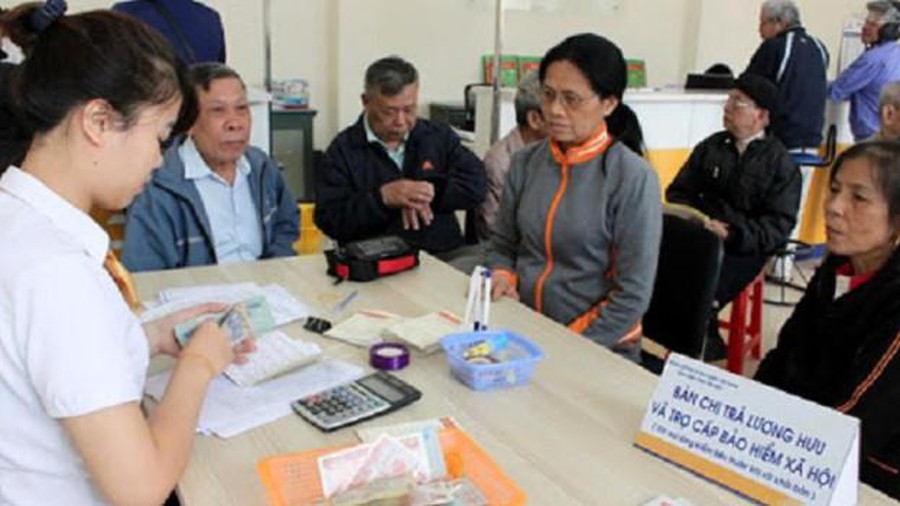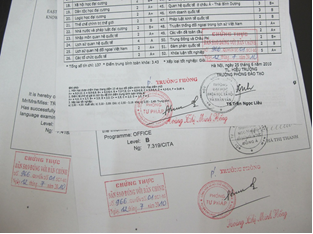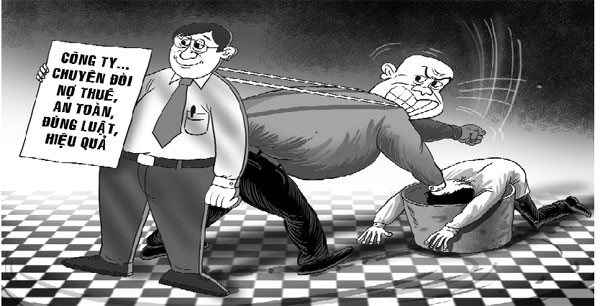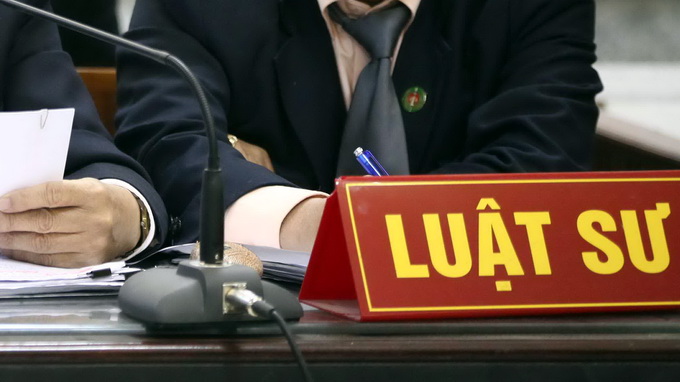Draft Decree on the regulation of social assistance policies is currently open for public comments, expected to take effect from January 01, 2021.

Illustrative Image
This draft has raised the standard social assistance levels compared to those stipulated in Decree 136/2013/ND-CP. Specifically, the standard social assistance level applicable from January 1, 2021, is 360,000 VND/month, and from January 1, 2023, it is 500,000 VND/month. (Currently, according to Decree 136, this standard is 270,000 VND/month)
Based on local economic and social conditions, the Provincial People's Council, centrally governed cities, will stipulate the standard social assistance level and other appropriate social assistance levels and define other beneficiaries of social assistance policies in the area, in line with local socio-economic conditions, ensuring that no citizen is excluded from social welfare policies and chronic poverty is eradicated.
Additionally, this draft expands the monthly social allowance beneficiaries compared to the current regulations in Decree 136. Specifically, according to this draft, from January 1, 2021, the beneficiaries eligible for monthly social allowances include:
- Children under 16 years old who fall into the following cases (Currently, must be children under 16 years old with no source of care):
- Abandoned children who have not yet been adopted;- Orphans of both parents;- Orphans of one parent, with the remaining parent missing;- Orphans of one parent, with the remaining parent receiving social assistance or being nurtured in a social assistance institution;- Orphans of one parent, with the remaining parent serving a prison sentence or under administrative measures in a reformatory school, compulsory educational institution, or compulsory detoxification center;- Both parents are missing as prescribed by law;- Both parents are receiving social assistance or being nurtured in a social assistance institution;- Both parents are serving a prison sentence or under administrative measures in a reformatory school, compulsory educational institution, or compulsory detoxification center;- One parent is missing as prescribed by law, and the remaining parent is receiving social assistance or being nurtured in a social assistance institution;- One parent is missing as prescribed by law, and the remaining parent is serving a prison sentence or under administrative measures in a reformatory school, compulsory educational institution, or compulsory detoxification center;- One parent is receiving social assistance or being nurtured in a social assistance institution, and the remaining parent is serving a prison sentence or under administrative measures in a reformatory school, compulsory educational institution, or compulsory detoxification center.
Children in the above-stipulated categories receiving monthly social assistance who turn 16 but are currently studying general education, vocational education, secondary education, college, or first-degree university will continue to receive social assistance policies until completion, but no later than 22 years of age.
HIV-infected children from poor households or near-poor households.
Single individuals from poor households who have not married or have a spouse but the spouse has died or is missing as per the law, and are raising children under 16 years old, or raising children aged 16 to 22 who are studying general education, vocational education, secondary education, college, or first-degree university.
Elderly people who fall into one of the following cases:
- Elderly people from poor households without caregivers or with caregivers who themselves receive monthly social assistance;
- - Elderly people aged 75 to 80 from poor or near-poor households living in mountainous areas, islands, especially difficult communes, or coastal communes; (This provision is newly supplemented in the Draft compared to Decree 136)
- People aged 80 and older who do not fall into the category specified in Point a, Clause 5, Article 5 of the Draft but do not have a pension, monthly social insurance allowance, or monthly social assistance;
- Elderly people from poor households without caregivers, not in a position to live in the community, eligible for admission into social assistance institutions but have someone willing to foster and care for them in the community.
- Individuals with severe disabilities or particularly severe disabilities.
7. Children under 3 years old from poor or near-poor households. (This provision is newly supplemented in the Draft compared to Decree 136)
8. Individuals with HIV, and individuals with chronic illnesses from poor or near-poor households, unable to work, without regular income such as salaries, wages, pensions, social insurance benefits, or other allowances from the state budget. (This provision is newly supplemented in the Draft compared to Decree 136)
9. People's artisans and merit artisans named by the state who do not have a pension, monthly social insurance benefits, monthly preferential treatment for contributors. (This provision is newly supplemented in the Draft compared to Decree 136)
10. Other eligible subjects as stipulated by the Provincial People's Council. (This provision is newly supplemented in the Draft compared to Decree 136)
See detailed monthly social assistance levels from January 1, 2021 HERE.
Nguyen Trinh
 Article table of contents
Article table of contents





.Medium.png)
.Medium.png)
.Medium.png)
.Medium.png)
